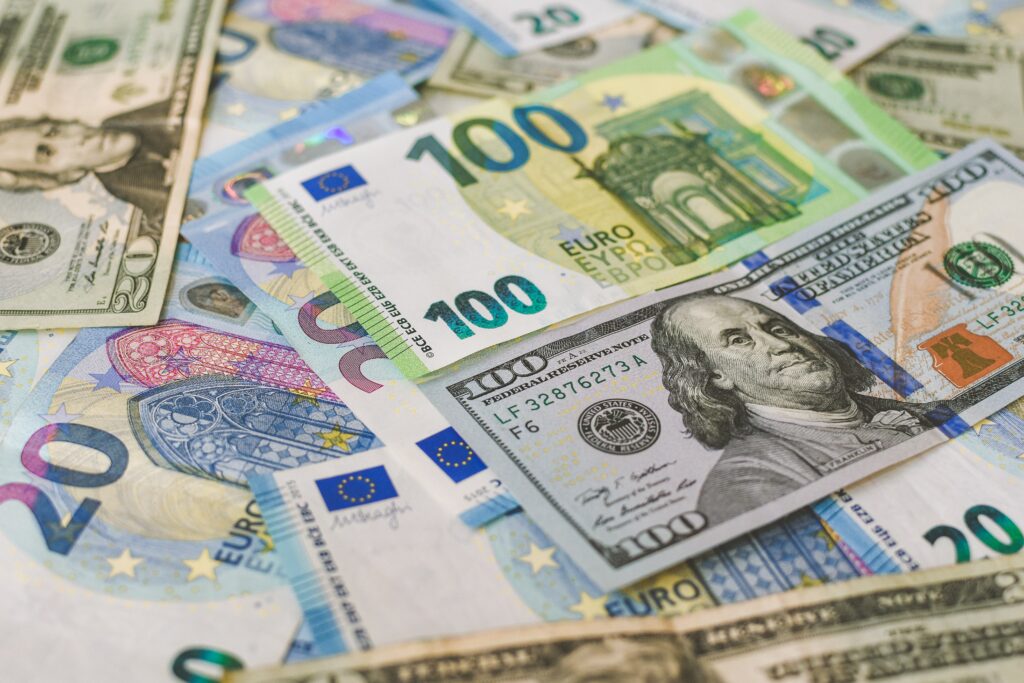Will Games Be Cheaper With The Cedi’s Rise?

As the value of a country’s currency increases, it is natural to wonder whether the cost of goods and services will also decrease. This is especially true for avid gamers, who often face high prices for the latest video games and hardware. In Ghana, the Cedi has been on the rise in recent months, leading many to wonder whether this trend will result in cheaper games for consumers.
Ghana uses the cedi as its currency. Numerous variables, such as prevailing economic conditions and governmental regulations, affect its value. A rising Cedi’s value indicates that it is more valuable in comparison to other currencies. This could result in a variety of effects, including lowering the price of imported items for people using the Cedi.
So, what does this have to do with the price of games? Well, many games are developed and published by companies based in countries other than Ghana. This means that when these games are sold in Ghana, they have to be converted from the foreign currency they were originally priced in into the cedi.
If the Cedi’s value rises, it means that it will take fewer Cedis to buy the same amount of foreign currency. This could potentially lead to a decrease in the price of games in Ghana, as they would cost fewer Cedis to purchase.
However, it’s important to note that there are other factors that can also affect the price of games. For example, the cost of production and distribution, as well as demand for the game, can all play a role in determining the final price.
In conclusion, while the Cedi’s rise may potentially lead to cheaper games in Ghana, it is not the only factor at play. The price of games is determined by a complex interplay of economic and market forces, and it is difficult to predict with certainty how any one factor will impact the final price.





